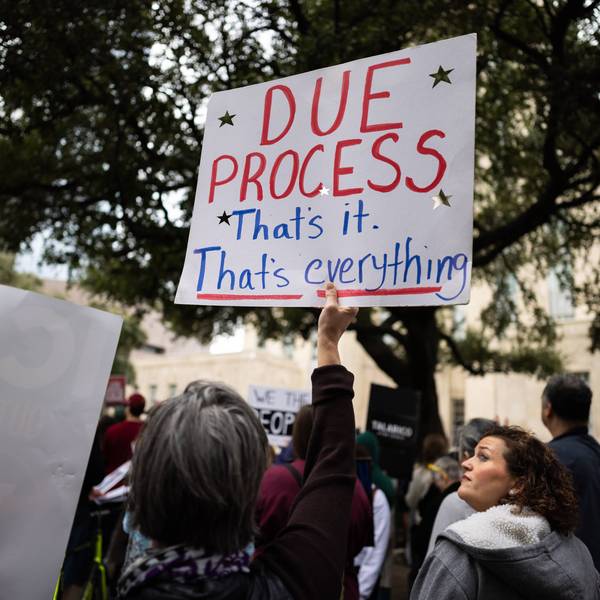The need for comprehensive immigration reform at the federal is even more pressing as immigrants face the hodgepodge of state and local legislative efforts and federal enforcement programs that vary from county to county. The passage of "Dream Acts" in Illinois or Connecticut is offset by the passage of "Nightmare Acts" in Georgia or Alabama. Instead of national leadership and thoughtful opinions from pundits we are left with divorced from reality musings on the necessity of E-verify by Ross Douhat of the New York Times. This need for comprehensive immigration reform and the danger of enforcement-only programs like E-verify is clear from the daily lives of immigrant and non-immigrant workers. Restrictive and frankly racist laws passed recently make the tragically flawed assumption that documentation status is something easily and simply ascertained with minimal interruption to the daily lives and workings of communities and families. This is true of E-Verify, even if we assume its 40% error rate is somehow overcome in some blissful future by a bureaucracy that still takes between 13-14 years to process citizenship applications for Mexican nationals. The status quo or enforcement only approaches have the effect of snaring all those who look or act "undocumented" regardless of their documentation status in their web of restriction and punishment. Looking or acting undocumented is usually a pretty standard package of being Latino, Spanish-speaking, and working in a low-wage job.
For one Arise-Chicago member, Jose (a pseudonym) a naturalized citizen of the United States whose first language is Spanish, the consequences of "looking undocumented" are personal and significant. Jose works in the back of the house at a restaurant and fits whatever other parameters of the profile of an "undocumented" worker one can invent. For this member, as well as for so many others in his situation, the consequences of fitting the profile mean abuse, discrimination, and job loss. The restaurant that Jose works at is a prestigious local chain, with locations in the city and the suburbs. In order to avoid paying overtime for employees working in multiple sites, one manager made all the "undocumented-looking" workers change their social security numbers in order to continue working at that location. Jose complained, was told to comply or be fired, and was caught changing his number (as his manager demanded) and fired by the company's main office. Fired for obeying a manager's order that assumed he was just another "illegal" working in the kitchen of an expensive restaurant, where the price of a dinner is equal to the daily wage of the "obviously illegals" working to wash and scrape the leftovers.
So when you hear from Lamar Smith, Congressman from Texas as he introduces a mandatory E-Verify bill in the House this week say that those with nothing to hide have nothing to fear, or from others who "just want people to obey the law" remember Jose, remember the reality of weak worker protections, uneven application of laws and regulations, and the racist assumptions of law enforcement agents and bosses that makes it just a bit more complicated and problematic for millions of workers.



